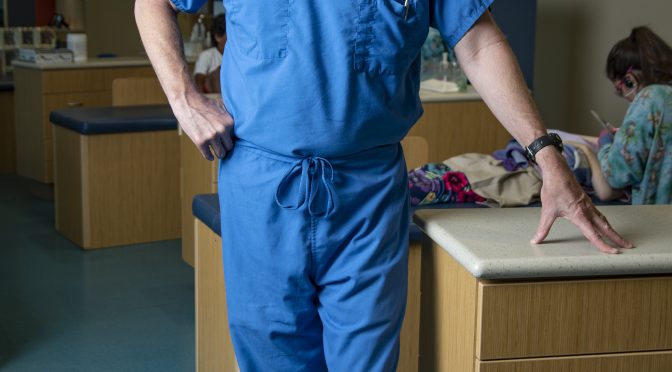
Best of Fort Myers Makes Dentist Smile
Pediatric Dentistry of Florida, Dr. Tim M. Verwest, DMD & Associates has been voted the best pediatric dentist of Fort Myers by the 2019 News-Press[…]
Pediatric Dentistry of Florida voted ‘Best Pediatric Dentist of Fort Myers’
FORT MYERS, Fla. (July 30, 2018) – Pediatric Dentistry of Florida, Dr. Tim M. Verwest, DMD & Associates has been voted the best pediatric dentist[…]
A Closer Look On Baby Teeth Care
There they are one day: your baby’s teeth! Now what? As your baby begins to develop teeth, you may notice changes to more than just[…]
Nighttime Oral Health Care
Keeping your mouth clean isn’t just a day job. It’s just as important to practice nighttime oral care as it is to keep your teeth[…]
Milk And Teeth: The Perfect Match
To build strong bones, you must provide yourself with tons of calcium, which milk happens to have. In fact, it contains about 300 milligrams in[…]
Which Toothbrush is Right For You?
Choosing the right toothbrush can be crucial for enhancing a happy, healthy set of chompers. We have a few ideas to keep in mind when[…]
Pediatric Dentistry of Ft. Myers voted “Best Pediatric Dentist of Southwest Florida”
For the third consecutive year Pediatric Dentistry of Ft. Myers, Dr. Tim M. Verwest, DMD & Associates has been voted best pediatric dentist of Southwest[…]

Pediatric Dentistry of Ft. Myers voted “Best of Southwest Florida”
Pediatric Dentistry of Ft. Myers, Dr. Tim M. Verwest, DMD has been voted best pediatric dentist of Southwest Florida 2015 by the Ft. Myers News-Press[…]
